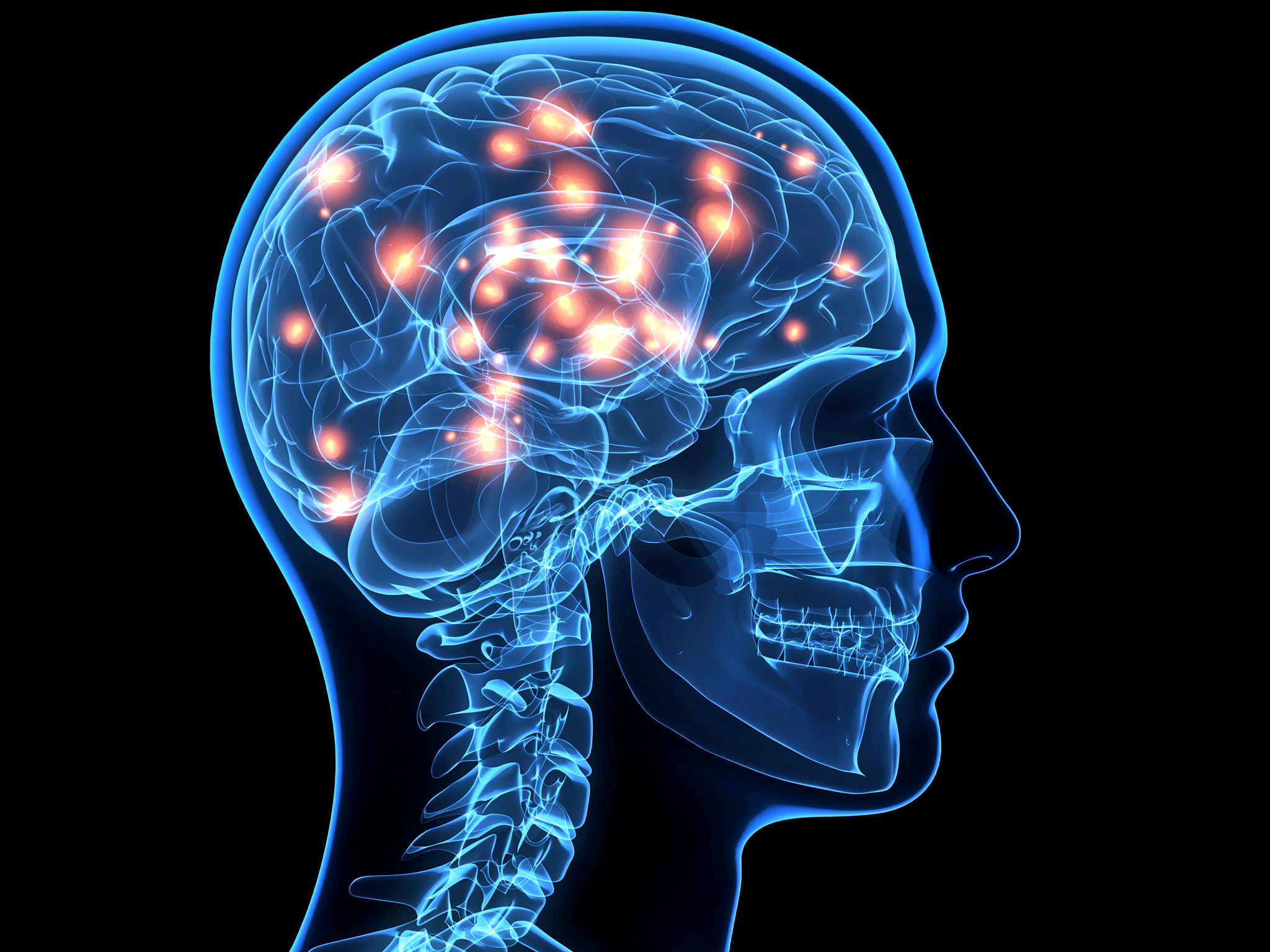
Depression may not be caused by low levels of serotonin, according to new research.
A review of existing studies by University College London (UCL) found that depression is not likely to be caused by a chemical imbalance and asked patients to consider other treatments over antidepressant medication.
However, other medical experts are urging people not to stop taking their antidepressants because of the findings and argue they are effective in treating depression.
According to the NHS, around 8.3 million people in the UK take antidepressants – which work by correcting abnormally low serotonin levels – with a six per cent uptake since last year.
The study’s researchers say 85 to 90 per cent of the public believe that depression is caused by lower serotonin levels or a chemical imbalance.

Lead author Joanna Moncrieff, a psychiatry professor at UCL and consultant psychiatrist, said: “It is always difficult to prove a negative, but I think we can safely say that after a vast amount of research conducted over several decades, there is no convincing evidence that depression is caused by serotonin abnormalities, particularly by lower levels or reduced activity of serotonin.
“The popularity of the ‘chemical imbalance’ theory of depression has coincided with a huge increase in the use of antidepressants,” she continued.
“Thousands of people suffer from side-effects of antidepressants, including the severe withdrawal effects that can occur when people try to stop them, yet prescription rates continue to rise.
“We believe this situation has been driven partly by the false belief that depression is due to a chemical imbalance.
“It is high time to inform the public that this belief is not grounded in science,” she said.
The review looked at studies involving tens of thousands of people and one of their findings was that research that compared levels of serotonin and its breakdown products in the body did not find a difference between people diagnosed with depression and healthy people.
Researchers also looked at studies where serotonin levels were artificially lowered in hundreds of people and found that this did not result in depression in participants.

Other studies observed the effects of stressful life events and found that the more stress a person had gone through, the more likely they were to be depressed.
According to the research, there is also some evidence that antidepressants may actually cause low serotonin levels in the long-term.
Professor Moncrieff said: “We do not understand what antidepressants are doing to the brain exactly, and giving people this sort of misinformation prevents them from making an informed decision about whether to take antidepressants or not.”
A spokesman for the Royal College of Psychiatrists said: “Antidepressants will vary in effectiveness for different people, and the reasons for this are complex, which is why it’s important that patient care is based on each individual’s needs and reviewed regularly.
“Continued research into treatments for depression is important to help us better understand how medications work as well as their effectiveness,” they continued.
“Medication should be available for anyone who needs it. We would not recommend for anyone to stop taking their antidepressants based on this review, and encourage anyone with concerns about their medication to contact their GP.”
Professor David Curtis, honorary professor at the UCL Genetics Institute, said: “It is very clear that people suffering from depressive illness do have some abnormality of brain function, even if we do not yet know what this is, and that antidepressants are effective treatments for severe depression whereas interventions such as exercise and mindfulness are not.
“It is important that people with severe depression are not discouraged from receiving appropriate treatments, which can make a huge difference to them and those around them,” he added.
The new findings are published in Molecular Psychiatry.







